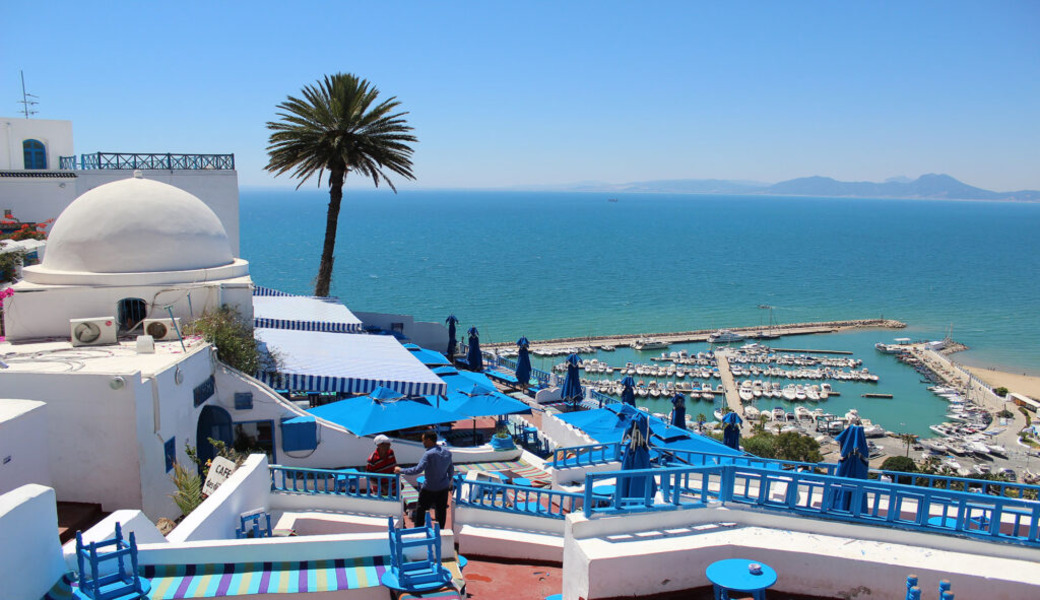
The country’s tourism industry is navigating a profound crisis, plagued by mounting hotel debt, high air transport costs, poor cleanliness in tourist areas, and a lack of staff trained to international standards, according to Ahmed El Karm, a prominent figure in Tunisia’s financial and business sectors.
Speaking at the 9th forum of the Arab Institute of Business Leaders (IACE) on December 18, 2025, on the theme “Tourism in Tunisia: Towards New Horizons,” El Karm outlined the sector’s challenges while proposing strategies for revival.
“Nearly 20% of Tunisian hotels are at a standstill, weighed down by bank debt that is preventing any modernization,” he said, stressing the urgent need for debt restructuring in consultation with financial institutions to allow the hotel industry to regain momentum.
He also highlighted the “open skies” dilemma: the high cost of airline tickets, driven by limited competition on scheduled routes, continues to restrict traveler access, even as low-cost carriers expand elsewhere.
Structural weaknesses further undermine Tunisia’s appeal. El Karm pointed to inadequate cleanliness in tourist towns and insufficient human resource training, arguing that staff and management must align with international standards to improve service quality.
“Tunisia should be considered a global destination, where each region reflects a welcoming image,” he said.
El Karm also identified evolving trends shaping traveler behavior. The rise of digital platforms enables tourists to plan trips independently, while the demand for authentic, culturally immersive experiences is overtaking traditional seaside tourism. Environmental awareness is prompting visitors to favor sustainable destinations.
To seize these opportunities, El Karm proposed several strategic initiatives. Senior tourism could cater to European retirees with long-term visas and tax incentives. Medical tourism, leveraging modern hospitals and expertise, could attract patients from Europe.
Eco-tourism, luxury tourism, and homestays using nearly 800,000 unoccupied homes could diversify the sector and offer immersive experiences.
He concluded that reviving Tunisian tourism will require an integrated approach combining structural reforms, adaptation to emerging expectations, and diversification of offerings.
“This is the price to pay for the sector to once again become a major lever for national economic development,” he said.
The analysis underscores that Tunisia’s tourism sector, though in crisis, holds untapped potential that could transform it into a cornerstone of economic growth if strategic reforms are implemented.



